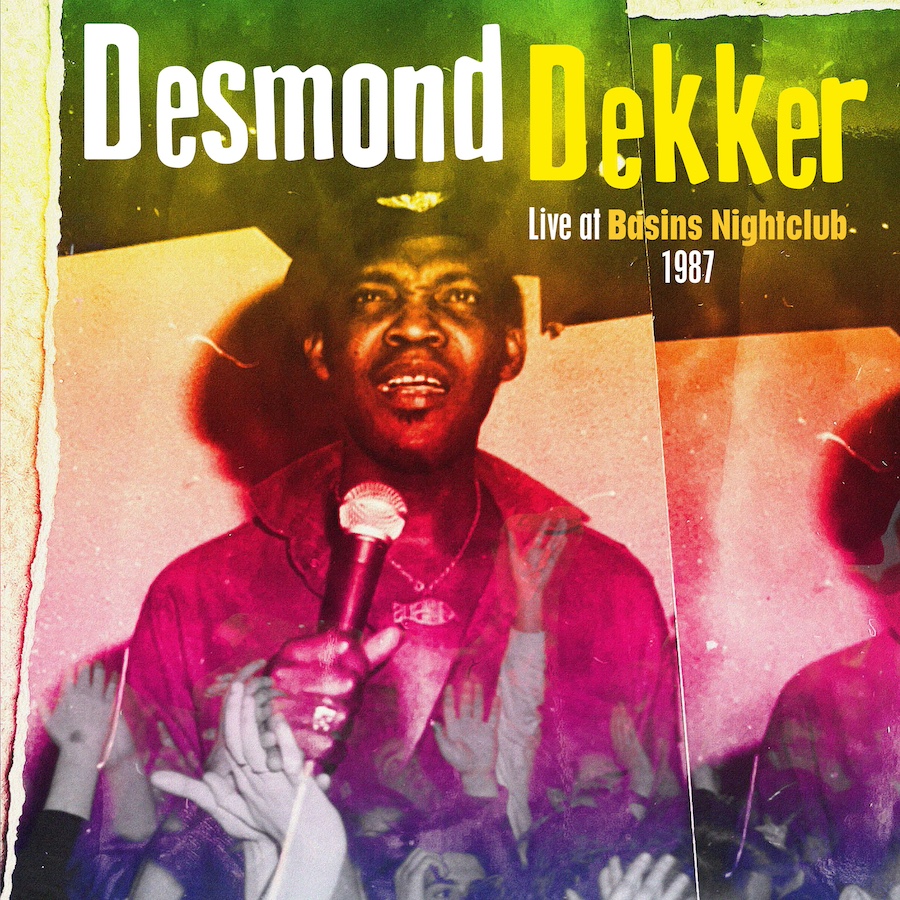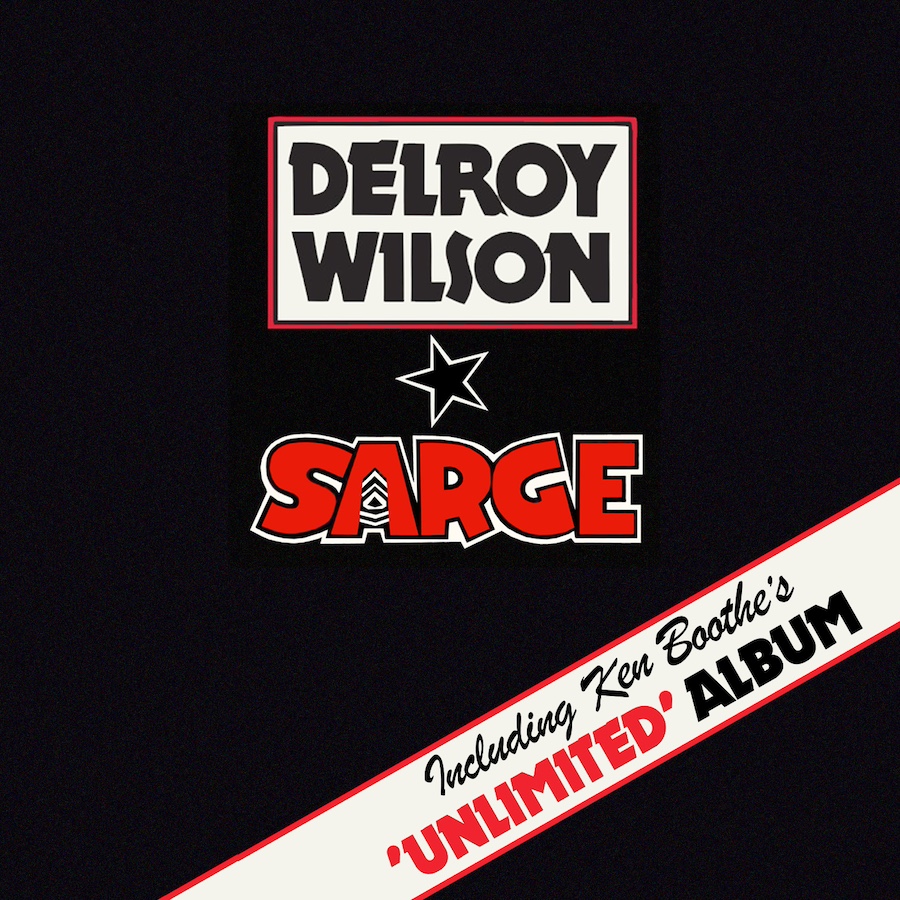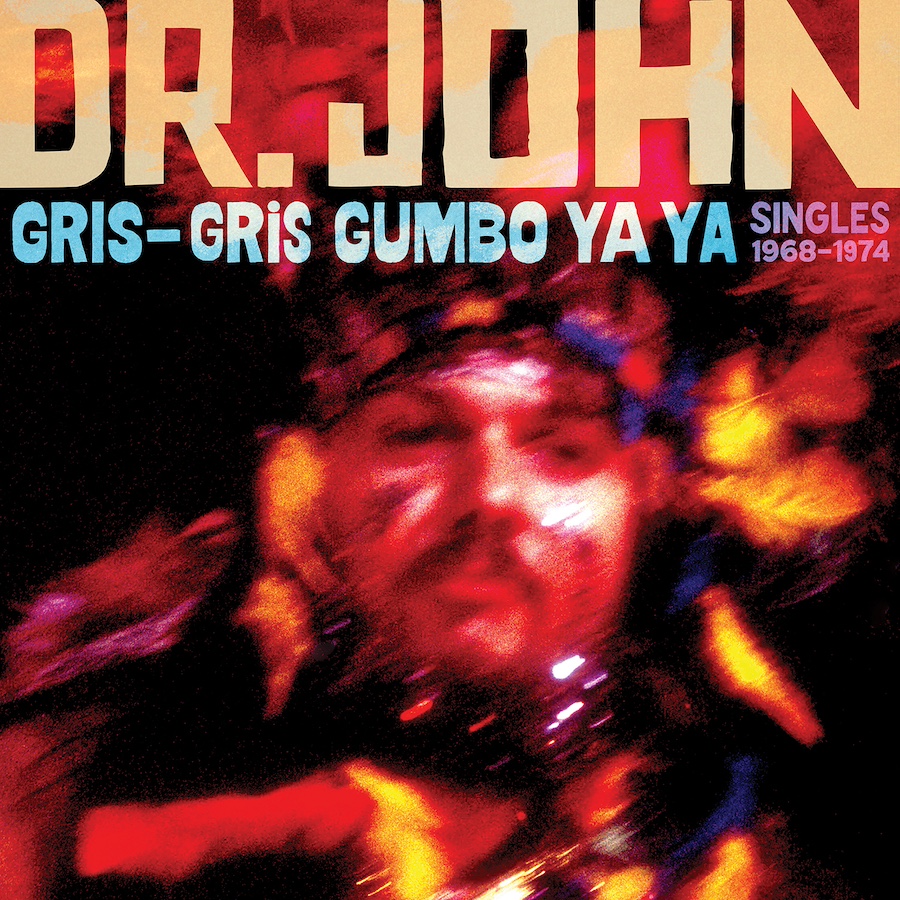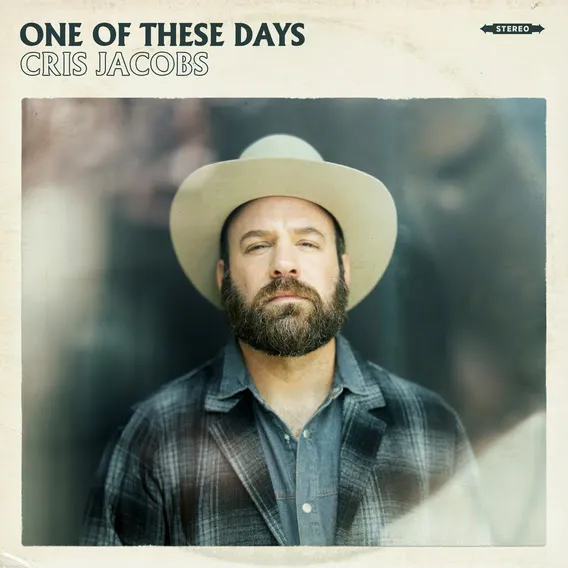The Cryin’ Shames, a mid-sixties beat/pop group from Liverpool, England, were barely even a one-hit wonder on their home turf. Their sole significant chart tune, a 1966 cover of the Drifters’ “Please Stay” credited to Burt Bacharach and Bob Hillard, made it only to No. 26 on the U.K. charts. In the U.S., where the band never dented the Top 40, they were virtually unknown and remain obscure. In fact, the sextet – not to be confused with the Chicago-based Cryan’ Shames, which scored a minor 1966 hit with “Sugar and Spice” – released just two singles and no LPs in their recording career, which lasted only about two years.
The music the Cryin’ Shames recorded during this period is almost all excellent, however. Produced by Joe Meek, England’s brilliant answer to Phil Spector, it benefits from ear-candy instrumentation and the group’s pair of distinctive lead vocalists. And you can find virtually all of it on a new two-disc, 53-track set called Please Stay (Joe Meek’s Tea Chest Tapes), which embraces lots of previously unissued material, including alternate and live versions as well as audition tapes that show how good the group was even sans Meek’s embellishments. The set makes room for some recordings created under the group’s original name, the Bumblies, and those of a short-lived successor outfit known as Paul and Ritchie and the Crying Shames.
The crown jewel in this package is the title cut, “Please Stay,” which proved to be the last Top 40 hit that Meek produced. It deserves to be included on any list of perfect pop singles from the 1960s and should have been a chart-topper. According to the liner notes in this album’s 20-page booklet, however, “Its progress faltered as record label Decca had not pressed sufficient copies to keep up with demand.”
In the Drifters’ version, this song is likable, bouncy R&B but the Cryin’ Shames reinvented the number, combining a funereal organ with a captivating vocal that fully communicates the heartbreak limned by the lyric. The song appears here in six versions, all of which are worth hearing: a spellbinding audition tape that features only vocal and organ; the hit rendition; that reading stripped of overdubs; an instrumental overdubs-only recording; an alternate take; and a live performance from France.
High on the list of other goodies are covers of Bob Dylan’s “With God on Our Side,” “Mr. Tambourine Man,” and “She Belongs to Me,” the latter two from audition recordings that sound like finished products. The Cryin’ Shames’ affinity for Dylan also comes through loud and clear on their own “What’s News Pussycat,” which recalls tracks on Bob’s then recently issued Bringing It All Back Home and sports a title that varies the name of a 1965 Tom Jones hit. Other standouts include covers of the Rolling Stones’ “As Tears Go By,” the Temptations’ “My Girl,” the Marvelettes’ “I’ll Keep Holding On,” Skeeter Davis’s “The End of the World,” Otis Redding’s “Pain in My Heart,” and Van Morrison’s “Gloria.”
Listening to this music, you’ll likely be inclined to agree that the group’s name is more appropriate than their members intended: it’s a cryin’ shame they never made it big.
Vintage Reggae

Desmond Dekker, Live At Basins Nightclub 1987. The late reggae, rocksteady, and ska singer Desmond Decker revisits his 1968 hit, the self-penned, multimillion-selling “Israelites,” in this live and lively previously unreleased concert set.
Recorded in 1987 at Basins Nightclub in the U.K., the album includes his other best-known numbers, a cover of Jimmy Cliff’s “You Can Get It If You Really Want” and Dekker’s own “It Mek” and “007 (Shanty Town).” Dekker performs that last song in a medley with Bob Marley’s “One Love” and “Simmer Down,” and several early American pop hits, the Marcels’ “Blue Moon,” the Everly Brothers’ “All I Have to Do Is Dream,” Sam Cooke’s “Cupid,” and the Tokens’ “Wimoweh” (aka “The Lion Sleeps Tonight”).

Delroy Wilson & Ken Boothe, Sarge/Boothe Unlimited. One of the best and bestselling albums by reggae star Delroy Wilson, which Jamaican music luminary Lloyd Charmers produced, resurfaces on this two-CD set, which also includes another excellent Charmers production, Ken Boothe’s Boothe Unlimited. Bonus tracks on both discs feature 12-inch mixes of several of their selections.
Wilson, a soulful and nuanced singer, opens his 1976 set with his popular cover of Bob Marley’s “I’m Still Waiting.” Other highlights include reggae renditions of “Green, Green Grass of Home,” Tom Paxton’s “The Last Thing on My Mind,” Ben E. King’s “Imagination,” and the Temptations’ “Everybody Needs Love.” The equally talented Ken Boothe, who at times recalls Wilson Pickett, shines on his selections, among them a cover of Bill Withers’s “Ain’t No Sunshine.”
Also Noteworthy

Dr. John, Gris-Gris Gumbo Ya Ya: Singles 1968-1974. Like such contemporaries as Frank Zappa and Captain Beefheart, the late Dr. John (aka Mac Rebennack) was a singer, songwriter, and multi-instrumentalist who defied categorization and ignored popular trends. His musical brew mixed in elements of the jazz, R&B, and funk of his native New Orleans, but the result was his own unique concoction.
His long career, during which he released nearly three dozen studio albums, yielded many highlights, so it’s not surprising that this 26-track collection – an expanded version of a 2015 release – doesn’t overlap too heavily with the most notable other Dr. John compendium, 1993’s 39-track Mos’ Scocious: The Dr. John Anthology.
Granted, about 15 songs appear in both sets, including key tracks from 1972’s Gumbo, one of his best albums, as well as his Top 10 single, 1973’s “Right Place Wrong Time,” and the sublime lesser hit, “Such a Night.” But Anthology fits in some noteworthy material that dates from as far back as 1959 and key album tracks from throughout his career while the chronologically arranged Gris-Gris Gumbo Ya Ya focuses on all the A and B sides of singles from Dr. John’s peak period.

Cris Jacobs, One of These Days. On his first album in five years, singer and guitarist Cris Jacobs offers an amiable menu of 11 self-penned tracks. The music is rooted in folk, blues, and bluegrass but a few of the numbers, such as “Heavy Water,” seem gospel influenced as well.
Jacobs’s vocal work, which sounds redolent of Jesse Winchester, garners backing from a stellar guest list that includes multi-instrumentalist Jerry Douglas (who produced), the Infamous Stringdusters, Lindsay Lou, Lee Ann Womack, Sam Bush, the McCrary Sisters, and Billy Strings. The album, which Jacobs and his accompanists recorded live in the studio, is a pleasure from first cut to last.
Jeff Burger’s website, byjeffburger.com, contains five decades’ worth of music reviews, interviews, and commentary. His books include Dylan on Dylan: Interviews and Encounters, Lennon on Lennon: Conversations with John Lennon, Leonard Cohen on Leonard Cohen: Interviews and Encounters, and Springsteen on Springsteen: Interviews, Speeches, and Encounters.



